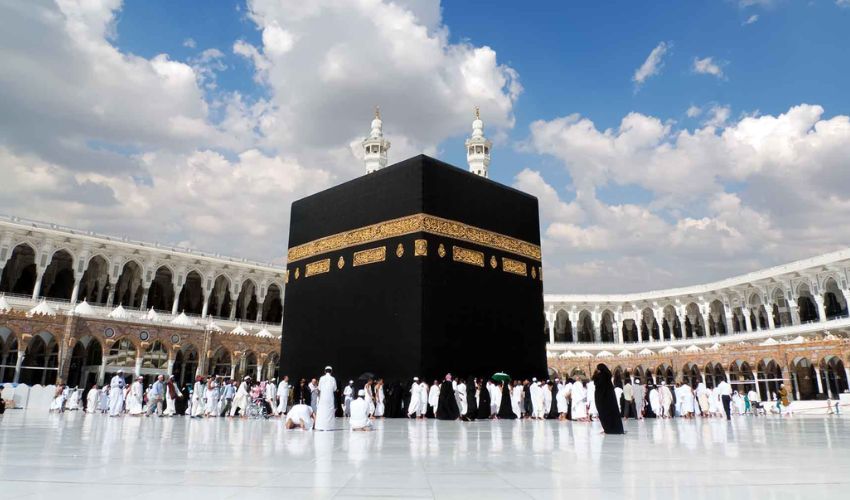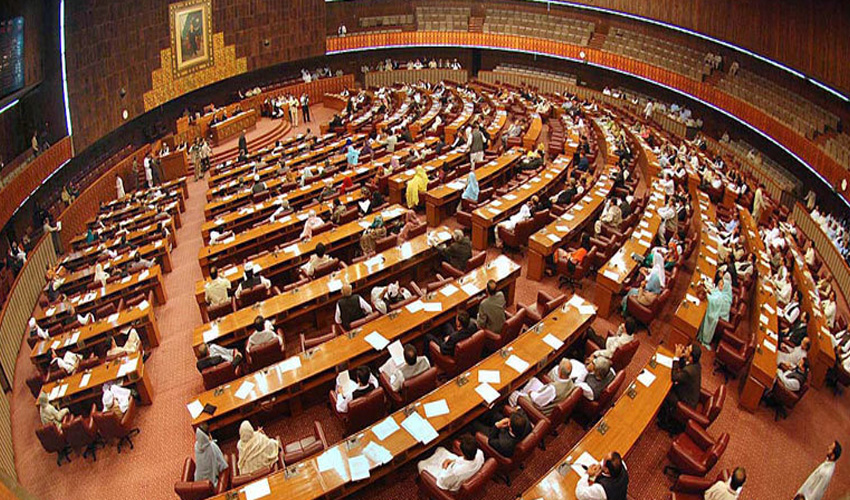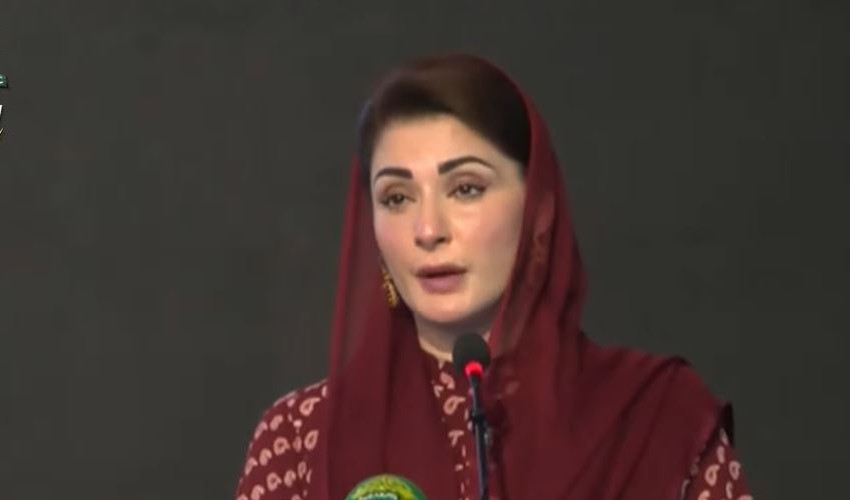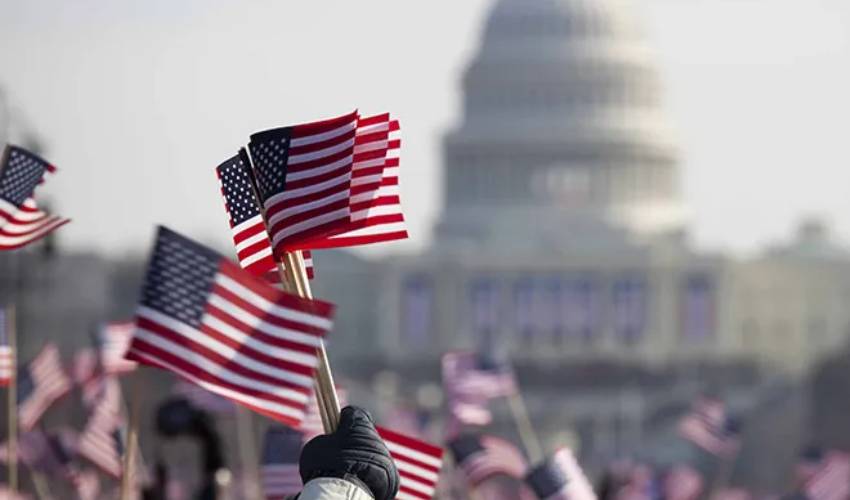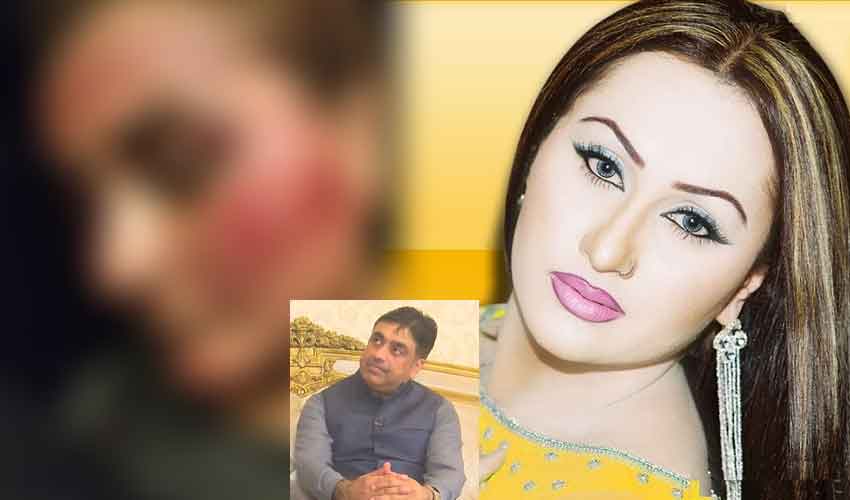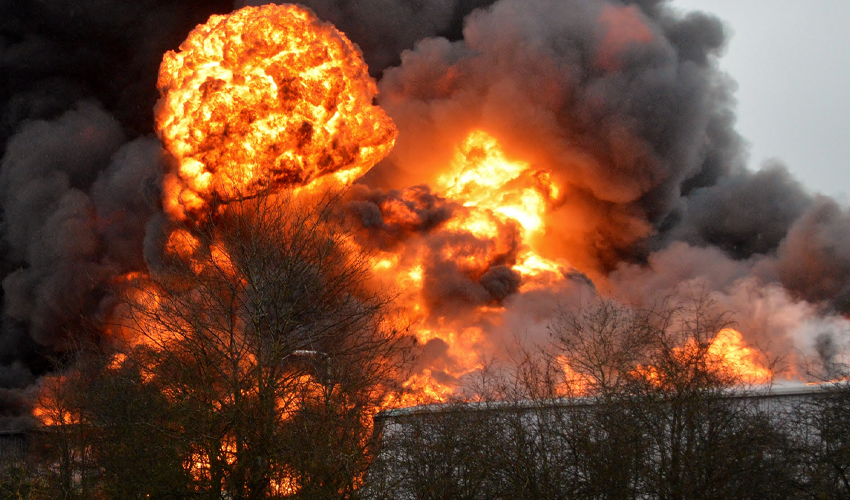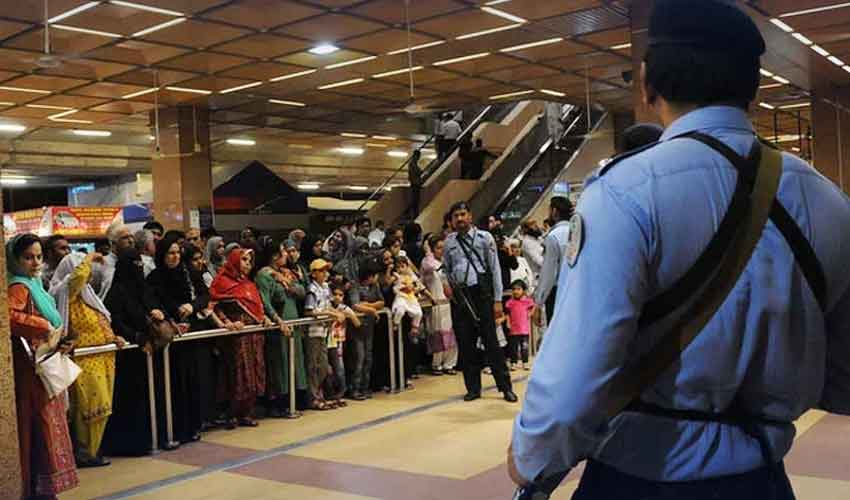A full court bench of the Supreme Court has resumed hearing multiple petitions against the Practice and Procedure Act.
The bench is being headed by Chief Justice of Pakistan Qazi Faez Isa, while the proceedings are being broadcast live, as was the previous hearing in the case.
The CJP remarked that the law affects the chief justice and senior judges. He added that on the one hand if the CJP’s authority is not being reduced, it is being limited, but on the other the same authority is being divided between two senior judges.
This will impact the next chief justices as well, which was why a full court was hearing the case, Justice Isa remarked. He also added that they wanted to wrap up the case today.
Petitioner Niazullah Niazi’s lawyer Akram Chaudhry argued that This law has been specified for a few personalities.
Section 3 of the Act trespasses on the Supreme Court’s authority, he added, and said Section 5 allows for the right to appeal in the previous verdicts. He maintained that parliament can only allow this through a constitutional amendment by a two-thirds majority.
Justice Muneeb Akhtar asked if parliament can regulate the Supreme Court through legislation. Justice Muhammad Ali Mazhar asked for references of constitutional clauses under which the law was supposed to be unconstitutional.
The CJP asked the counsel if his arguments were based on newspaper reports. He also asked if the independence of judiciary was something exclusive or is linked to the people.
He also remarked that the counsel’s argument that the Act would have been justified if done through a constitutional amendment may not be correct.
The Act tried to bulldoze the independence of judiciary; it outright rejects the Constitution, the counsel remarked. The parliament that tried to do this did not have the authority to do so, he added.
Justice Ijazul Ahsan asked if parliament reserved the right to do such legislation under the Constitution. Whether the law is against the Constitution or not is now secondary, he added.
If parliament did not have the authority to legislate this, the issue will end, the judge remarked. He further remarked that it could be said parliament acted beyond authority.
The CJP stressed that this case will not go beyond today. How can parliament not legislate for access to justice, asked Justice Athar Minallah.
CJP Isa remarked that when martial law is imposed, everyone lays down their arms, and said such petitions should be filed in those case also. “In those situations, everyone forgets their oath,” he quipped, adding when parliament takes a step, everyone remembers their oath.
Justice Ahsan remarked that the Constitution allowed the Supreme Court to make rules under Article 191. Justice Jamal Mandokhel said the Constitution gives all the rights to Supreme Court and not the chief justice.
Justice Ahsan said the Supreme Court rules were formed under Article 191 on an administrative level, adding fixing of cases and forming benches were administrative issues. The Practice and Procedure Act gives the chief justice’s authority to a committee.
Justice Akhtar questioned that if parliament has the right to legislate, can it give the authority to form benches to the government?
Justice Ayesha Malik questioned if the court was still on the point about the case’s maintainability.
The chief justice said petitions should be filed against martial laws also, asking why nobody does that.
Lawyer Hassan Irfan representing petitioner Mudassar Hassan said parliament is supreme but is also subservient to the Constitution.
The CJP said parliament says it is granting more authority to the Supreme Court as well as the right to appeal. Under Article 184(3), the authority was used gratuitously. He added that this court granted legal cover to martial laws.
He also questioned if the lawyer wanted the court to open doors to another martial law.
Justice Minallah then questioned if parliament needed a constitutional amendment for access to justice. Justice Ahsan raised questions about giving the authority to grant the right to appeal.
CJP Isa told the counsel that if any section of the law is contrary to the Constitution, it could be nullified.
He also remarked to PTI lawyer Uzair Bhandari that artificial intelligence and other technologies are being used nowadays, asking if parliament cannot legislate about them.
The lawyer responded that beyond the Federal Legislative List no legislation can be undertaken.
CJP Isa said Article 184(3) gave the court extraordinary powers. Has the law expanded these powers or limited them, he asked, further questioning how the Act reduces the authority of the Supreme Court.
“I don’t feel any authority has been withdrawn from us,” he commented.
Justice Mazhar asked the PTI counsel if he was saying that the rules are binding and not laws. CJP Isa remarked that Article 204 of the Constitution did not provide the right to appeal but was inserted into it through an ordinance.
Justice Akhtar said no law can be made outside the Constitution. The CJP remarked that parliament gave the right to appeal after looking at the incorrect use of Article 184(3).
Justice Ahsan remarked that if the right to appeal was granted, then no decision would be ultimate, and asked for references from around the world where this right wasn’t given.
Justice Ayesha Malik asked where the appeal will go against the case they were hearing. The CJP said if the law is nullified, the right to appeal will also cease to exist.
If 17 judges also have to make mistakes then the right to appeal should not be given, CJP Isa remarked, asking if the Supreme Court can give a right to appeal under Article 184(3).
The PTI counsel replied that the court cannot grant right to appeal in a suo motu case.
CJP Isa said parliament had said whether the chief justice likes it or not, the law will be made. Does Islam allow such absolute power to an individual, he questioned, adding that the purpose was to divide the powers of the chief justice.
Justice Musarrat Hilali remarked that she thought the Constitution was amended unconstitutionally. Justice Minallah asked if the PTI wanted that a law made by parliament can be annulled by court.
The lawyer said parliament can amend a law but not render the Supreme Court’s decisions ineffective. He added that a larger bench of the SC can withdraw its decisions of the past, and called the Practice and Procedure Act a bad law.
Bhandari questioned where the Act mentioned how to fix cases, adding it only talks about formation of benches.
Justice Mazahar Naqvi asked that if the three-member committee was formed would it not end the equality factor among judges.
The counsel said if the PTI returned to power it would introduce a better law through constitutional means. He further argued that if the law remained in effect, appeals would be filed against all cases since 1975.
The court then adjourned the hearing till Monday, and the CJP remarked that they would sit till late on Monday. He then started to dictate the order for the day’s proceedings.
The order said that on the next hearing, arguments of two more petitioners, lawyers of two political parties and the Supreme Court bar would be heard.
Federal govt's response
On the orders of the Supreme Court, the federal government has submitted its response to the five questions raised by the court.
In its response, the government maintained that an eight-member bench of the court nullifying the law was unconstitutional. It added that the former chief justice of Pakistan suspended rules, created benches and delivered verdicts.
A full court of the bench of the Supreme Court has conducted one hearing of the case and a larger bench five. The larger bench in its first hearing on April 13 had issued a stay order on the application of the law.
During the previous hearing, the CJP had remarked that it was time for the judges to admit to their mistakes. There have been judges who justified military takeovers, but nothing is above the Constitution.
“We need to keep our egos aside and think about Pakistan,” Justice Isa had stressed.
The Act had given the powers to form benches in public interest cases to a committee of three senior judges.
Also Read: Judges have justified military takeovers, time to admit to mistakes: CJP Isa
The outgoing government of the PDM had introduced the Supreme Court (Practice and Procedure) Act 2023, aimed at limiting the authority of the CJP to establish benches and fix cases before them. It had been approved by parliament.
However, its implementation was halted by an eight-judge bench, which included the chief justice of Pakistan (CJP), in response to three petitions challenging its validity.
The SC (Practice and Procedure) Bill 2023 had several objectives, including granting the authority to take suo motu notices to a three-member committee comprised of senior judges, including the CJP. The primary goal was to ensure transparency in the proceedings of the highest court and protect the right to appeal.
The law stipulated the formation of benches, specifying that a committee consisting of the CJP and the two most senior judges would be responsible for constituting benches to hear cases, with decisions being made by a majority vote.
For cases falling under the original jurisdiction of the apex court as per Article 184(3) of the Constitution, the bill mandated that they must first be presented to the above-mentioned committee for deliberation.









